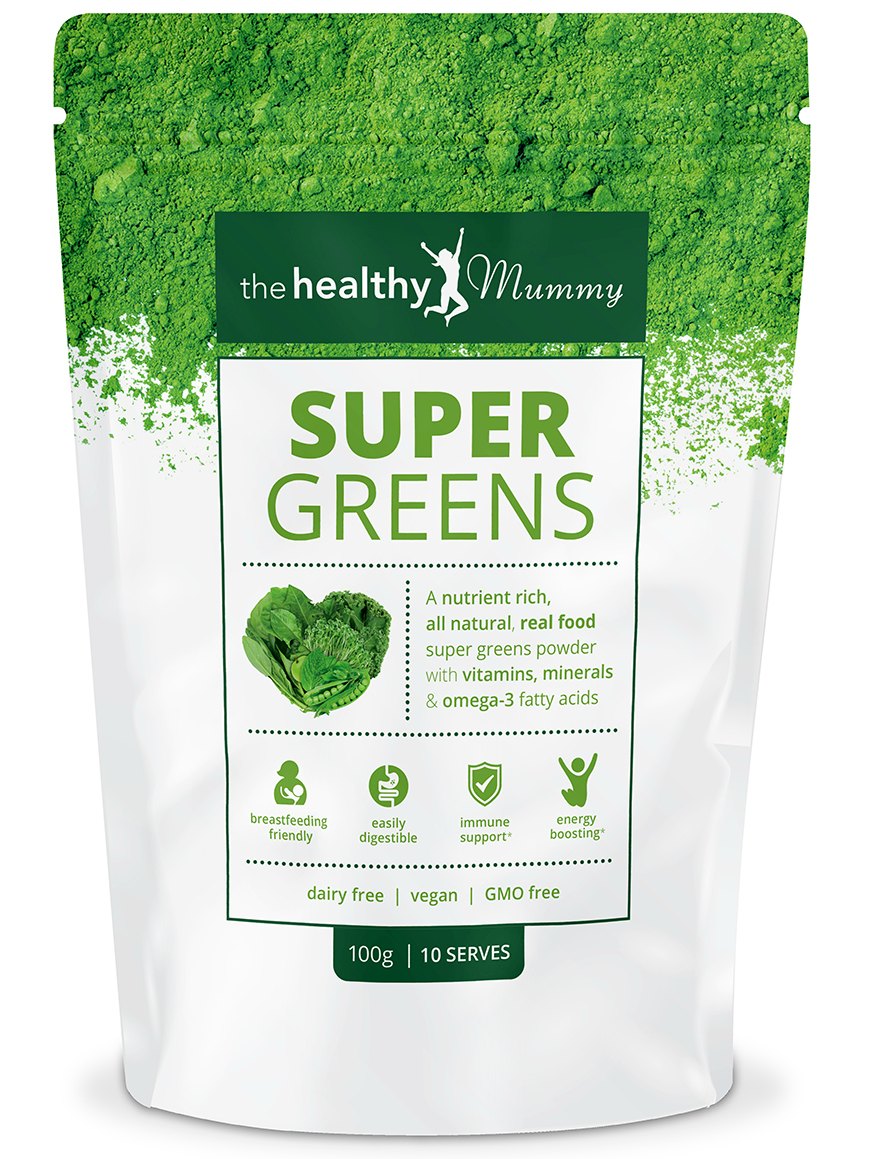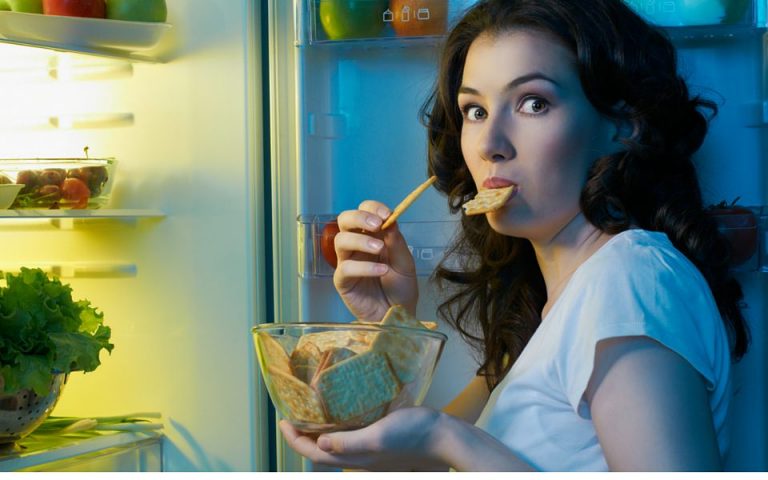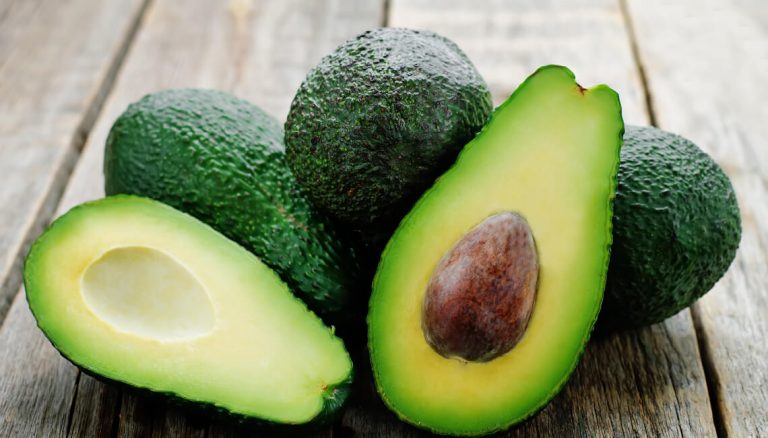Midwife shares what you need to know about breastfeeding and drinking coffee
Think you have to sacrifice your daily coffee when breastfeeding?
Lactation consultant (IBCLC) and midwife Bel Moore gives us the good news, with a rundown on caffeine and breastfeeding…
Kids are exhausting, there’s no doubt about it! With broken sleep, overnight feeds, sickness, musical beds, skipping naps, hundreds of questions, tantrums and little time to put your feet up to recover, some parents rely on coffee to get through the day.
Statistics show that nearly half (46%) of Australian’s drink coffee and that having children increased the weekly coffee consumption by 2.4 cups (7.2 v 9.6 cups per week).
How caffeine can affect your breastmilk
Caffeine is a naturally occurring (found in about 60 plants worldwide) stimulant that its present in not only coffee but also many manufactured foods and drinks (energy drinks, cola soft drink, tea etc).
When consumed, it is absorbed into the blood stream and affects the central nervous system.
Caffeine drinkers may experience positive effects such as an increased energy and alertness, boost the memory and increased concentration. But too much caffeine can lead to jitteriness, anxiety, and palpation and disrupt sleep.

Caffeine does transfer to breast milk but in very low concentrations (0.06%-1.5% of 300mg of caffeine) so will usually not cause any issues but it can accumulate in the infant’s system due to an infants limited ability to metabolise it.
A baby who is over stimulated with caffeine may appear wide eyed, active and alert, fussy, be hard to get to sleep and may wake frequently.
How much, is too much?
The effect of caffeine on each individual baby will depend on a lot of factors but their health; age, weight and feeding routine with all come into play.
For healthy adults with no medical issues, approximately 300mg-400mg of caffeine can be consumed daily without any adverse effects on themselves.
Studies have shown that more than 300mg of caffeine per day increased the risk of infant hyperactivity and reduced their sleep duration.
How many cups of coffee a day can you safely have?
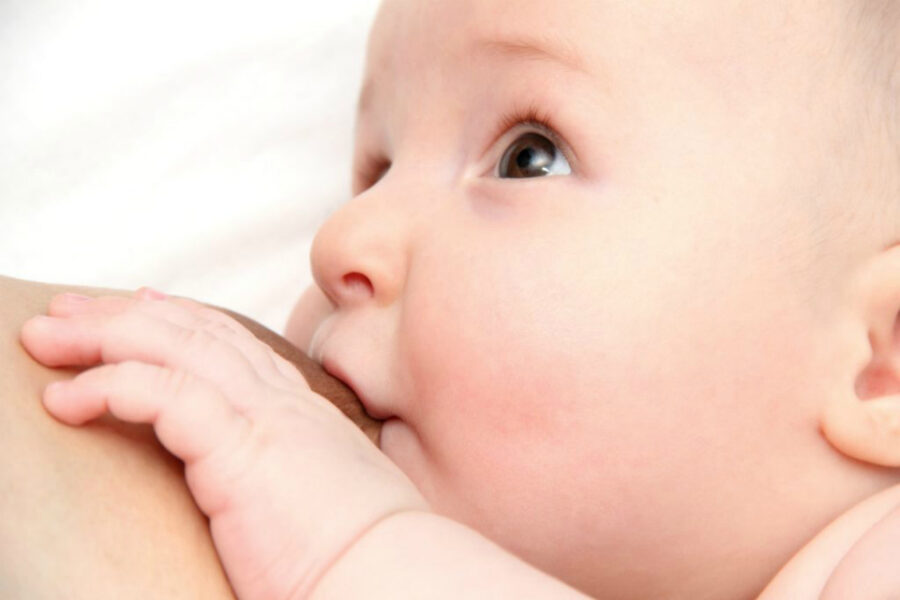
With coffee being such a normal part of our society, saying NO coffee at all to a breastfeeding Mum is pretty tough!
Some midwives suggest the best idea is to have your coffee STRAIGHT AFTER breastfeeding, then it ideally is two to three hours away until you are feeding again.
By then, there would be practically no caffeine crossed over by osmosis from your blood-stream to your breastmilk-stream.
What’s more, many recommend to limit coffee to two moderate cups a day.
Tips to combine breastfeeding and coffee

Studies have shown that ingesting less than 300mg/day of caffeine should not cause issues for infants.
1. Be wary of what products contain caffeine, so you can track how much you have consumed
Instant coffee can contain has 80-100mg per cup where as a cappuccino from the coffee shop can contain 110-280mg of caffeine!
Pre term or ill infants may experience larger issues with metabolising caffeine, you may want to limit caffeine intake during these times.
2. Try to have a cut off time, so it doesn’t affect your sleep

If caffeine affects your sleep, try not drinking any coffee after 2pm. Sleep is essential for health and wellbeing.
Peak levels of caffeine are found in breastmilk about 60-120mins after ingestion. If you find caffeine intake effects your little one, but still need one, try having a coffee as soon as you breastfeed. This gives you the largest amount of time to process the caffeine before feeding again.
3. If your child isn’t sleeping well, then cut back on your coffee intake

If caffeine does have an effect on your child, try giving it a few weeks/months and trying again. The half life (time it takes for the body to get rid of half the dose) reduces significantly with age (e.g 97.5 hours for infants- 2.6 hours at 6 + months).
If you like the coffee taste – try The Healthy Mummy coffee flavoured smoothie.
4. Watch out for tea, chocolate, soft drinks and ice cream
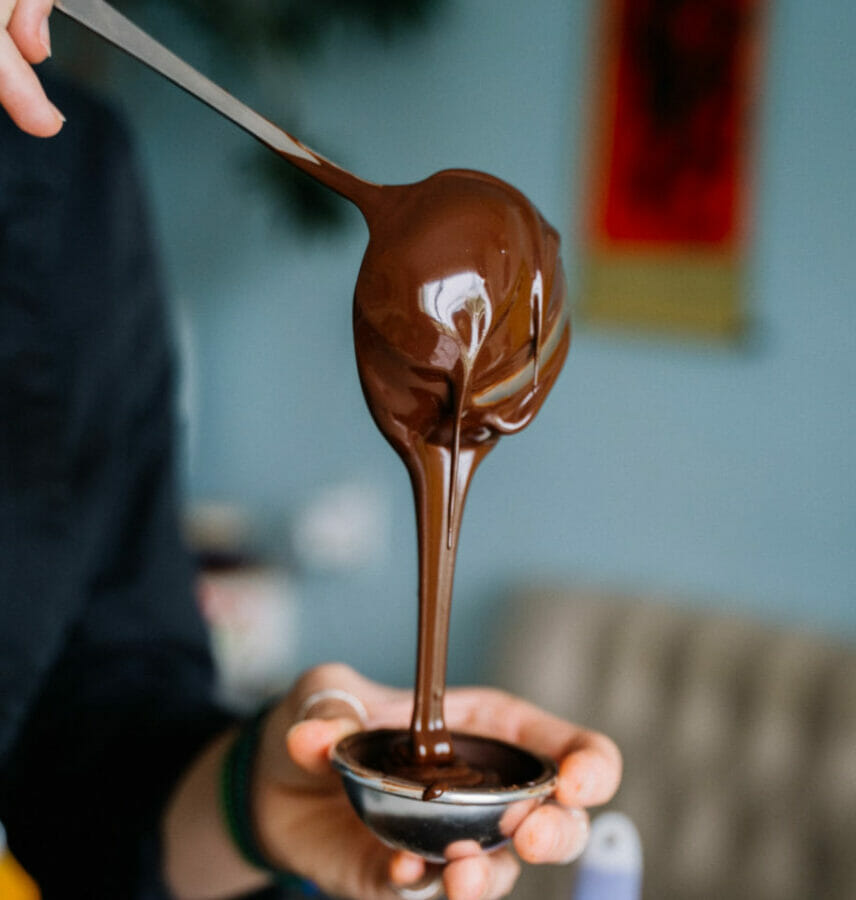
Caffeine can be found in tea, dark chocolate, energy drinks and coca cola.
What’s more, ice creams may contain caffeine and they could have between 10 and 45mg per serving.
5. Caffeine can be found in energy drinks
Women often don’t realise they are going over the limit of the amount of caffeine they should be having when it comes to energy drinks.
The main sources of caffeine in a woman’s diet will come from the usual sources of coffee, tea and chocolate.
If you like the coffee taste – try The Healthy Mummy coffee flavoured smoothie.
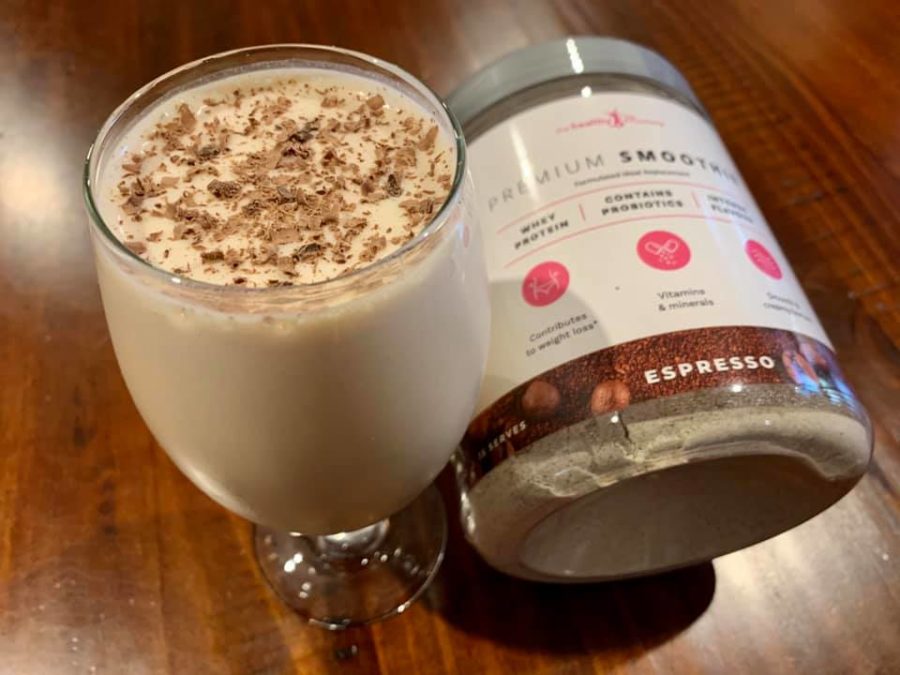
Five energy boosting drinks that aren’t coffee
10 easy breastfeeding snacks for breastfeeding mums
What you need to know about breastfeeding and drinking coffee
Need an energy boost? Our Healthy Mummy Super Greens contain NO caffeine
Or if you need an energy boost without the caffeine – try the energy boosting Super Greens.
The Healthy Mummy SUPER GREENS powder vitamin supplement to help boost your energy and support your immune system
The Healthy Mummy Super Greens powder is the culmination of extensive research and development. It is designed with busy mums in mind, providing energy and nutrients to help keep you going. It is a supplement designed to support your busy life
Our Healthy Mummy Super Energy Boosting Greens contains over 37 whole food ingredients and is an easily digestible & nutritional formula, combining real foods sources to a deliver a powerful blend of nutrients to give busy mums the energy they need!
It is also safe for use in breastfeeding
The Healthy Mummy Super Greens powder delivers a careful combination of 37 natural ingredients, designed to provide a range of vitamins, minerals and phytonutrients. These include Spiralina, Flaxseed, Pea Protein, Organic Barley Grass , Chlorella, Chia, Goji Berry, Kale, Spinach, Mushroom Powder and Dandelion to name but a few.
To protect the nutrients in our premium quality ingredients, the foil packaging has been protected from heat.
A vegan-friendly product. Free from dairy, gluten and preservatives.
The Healthy Mummy Super Greens contain;
- More IRON than 12 cups of Spinach
- The Vitamin C equivalent of 1.4kilograms of Oranges!
- 56 x more Vitamin B12 than a beef steak!
- Contains calcium equivalent to 1litre of milk.
- It is dairy and GMO Free,
- It is vegan friendly
- AND it TASTES delicious!


